Natural, Organic, Biological, Ecological and Biodynamic Farming
Synopsis
Organic farming methods are widely used in all three groups of countries (developed, developing and underdeveloped) in the world. In developing and underdeveloped countries organic farming is mostly preferred due to lack of chemicals and economics while, in developed countries it is accepted for avoiding demerits of chemical fertilizers and pesticides and protecting environment. Organic farming is crop rotations, use of biofertilizers and animal manures, and biological pest control. However, indiscriminate and increasing use of chemical fertilizers and pesticides has led to serious problems in agroecosystem such as pest resistance, secondary pest outbreak, pest resurgence, destruction to ecocycles and endemic soil fauna and dying of soil etc. The present book will be helpful for understanding characteristics of biofertilizers, Vermiculture and biocontrol agents, their production techniques and applications and thus, solve the above problems. This book is a need of modern agriculture.
Organic farming is thus considered as a movement directed towards the philosophy of "Back to Nature". It aims at low input farming thus reducing dependence on inorganic fertilizers, plant protection chemical and weedicides.
The book contains 30 chapters each contributed by authorities in their field of specialization highlighting their vast experience relevant to natural, organic, biological, ecological, and bydynamic aspects of no-chemical farming.
Considering the vast scope and huge export potential of organic foods from India, such types of information on status, strategy and scope in the form of a book was a long felt need. Since, this is the beginning of popularizing such technologies, the outcome of this book will serve the purpose of the target audience.
This book should be of interest and use to students, teachers, researchers of agricultural colleges and universities, administrators and extension officers, consultants, rural development and training centres and other agencies who are involved in production and promotion of organic food.
Read more
Organic farming is thus considered as a movement directed towards the philosophy of "Back to Nature". It aims at low input farming thus reducing dependence on inorganic fertilizers, plant protection chemical and weedicides.
The book contains 30 chapters each contributed by authorities in their field of specialization highlighting their vast experience relevant to natural, organic, biological, ecological, and bydynamic aspects of no-chemical farming.
Considering the vast scope and huge export potential of organic foods from India, such types of information on status, strategy and scope in the form of a book was a long felt need. Since, this is the beginning of popularizing such technologies, the outcome of this book will serve the purpose of the target audience.
This book should be of interest and use to students, teachers, researchers of agricultural colleges and universities, administrators and extension officers, consultants, rural development and training centres and other agencies who are involved in production and promotion of organic food.
99.00
89.1
$
110.00 $
Free delivery Wolrdwidе in 10-18 days
Ships in 1-2 days from New Delhi
Membership for 1 Year $35.00
Get it now and save 10%
Get it now and save 10%
BECOME A MEMBER
Books by the same authors
-
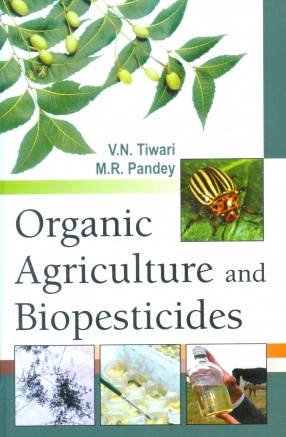
Organic Agriculture and Biopesticides
-

Information warfare
-

Media and Society
-

Electronic Marketing
-

Modern Encyclopaedia of Media and Mass Communication (In 3 Volumes)
-

Abiotic Stresses and Crop Productivity
-
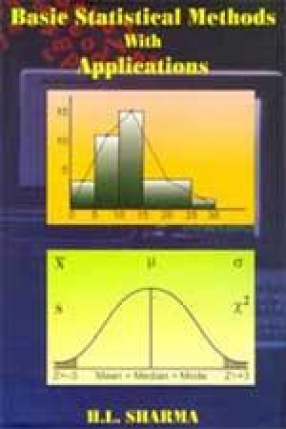
Biofertilizer Technology
-
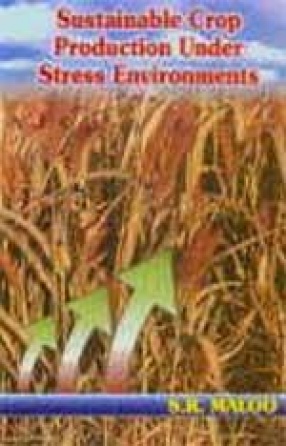
Sustainable Crop Production Under Stress Environments
-
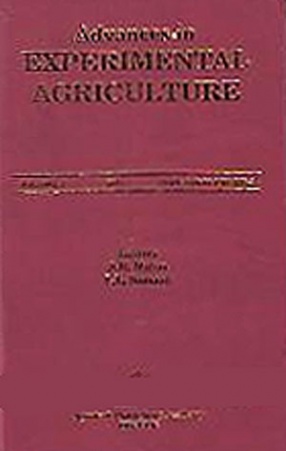
Advances in Experimental Agriculture, Volume 2
-

Recent Advances in Dryland Agriculture: Proceedings of National Symposium
-
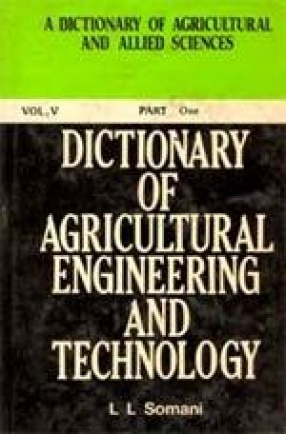
Dictionary of Agricultural Engineering and Technology (Volume 5 in 9 Parts)
-

Dictionary of Plant Breeding and Seed Technology
-

Dryland Agriculture in India: State of Art of Research in India

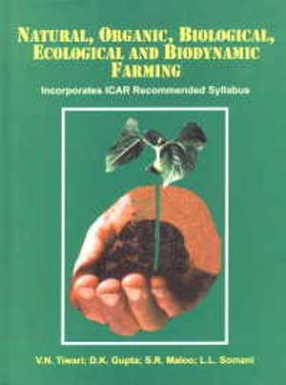
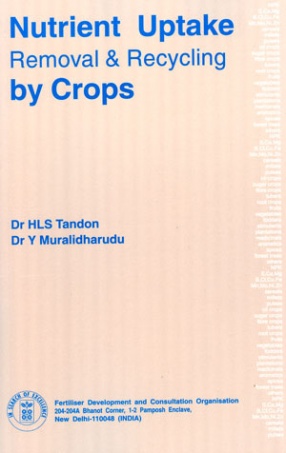
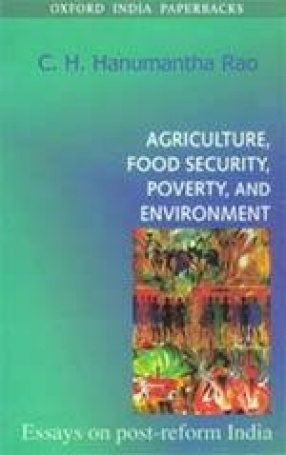

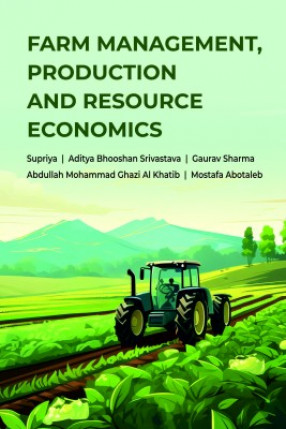

Bibliographic information
D.K. Gupta
S R Maloo
L.L. Somani